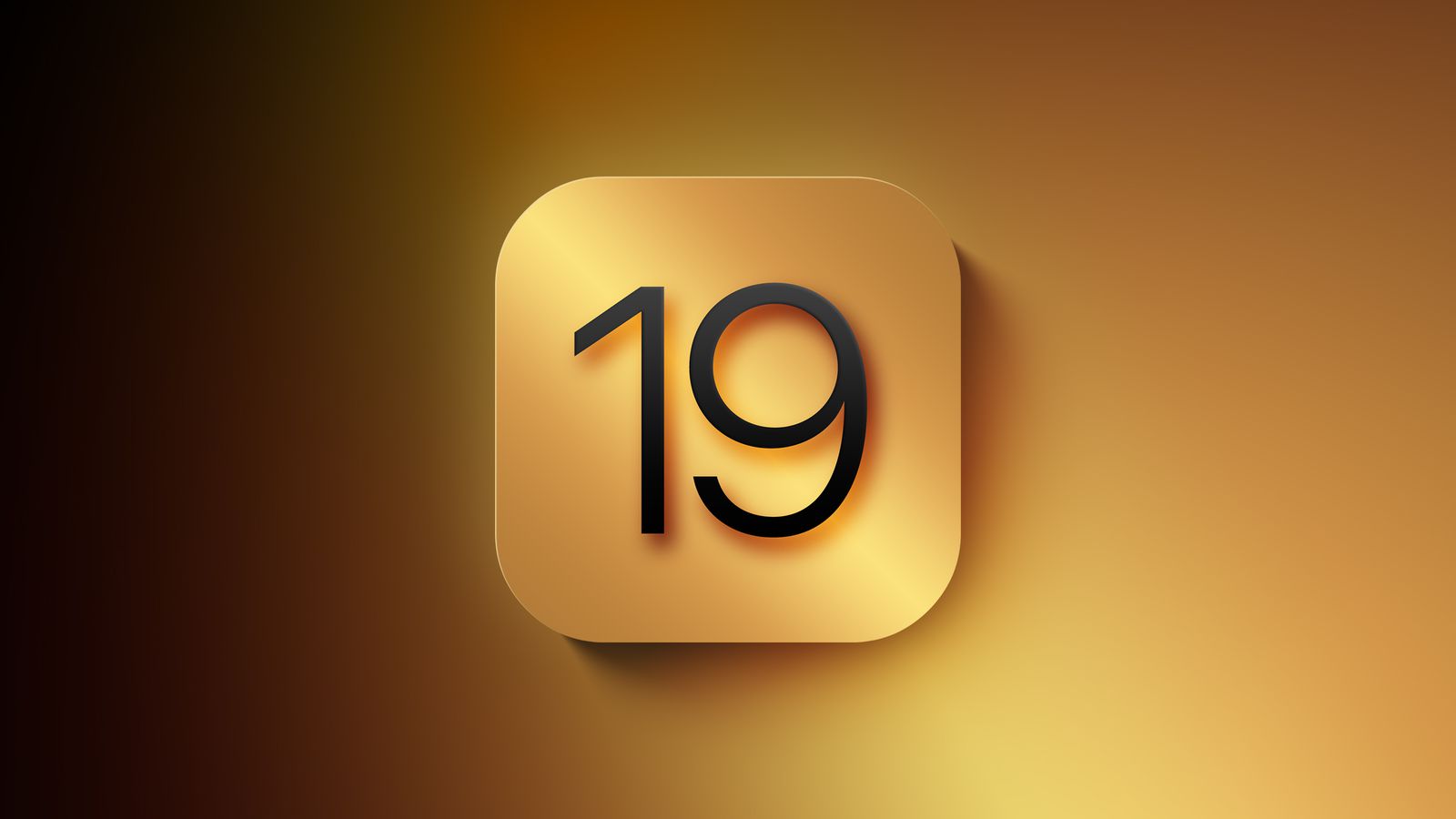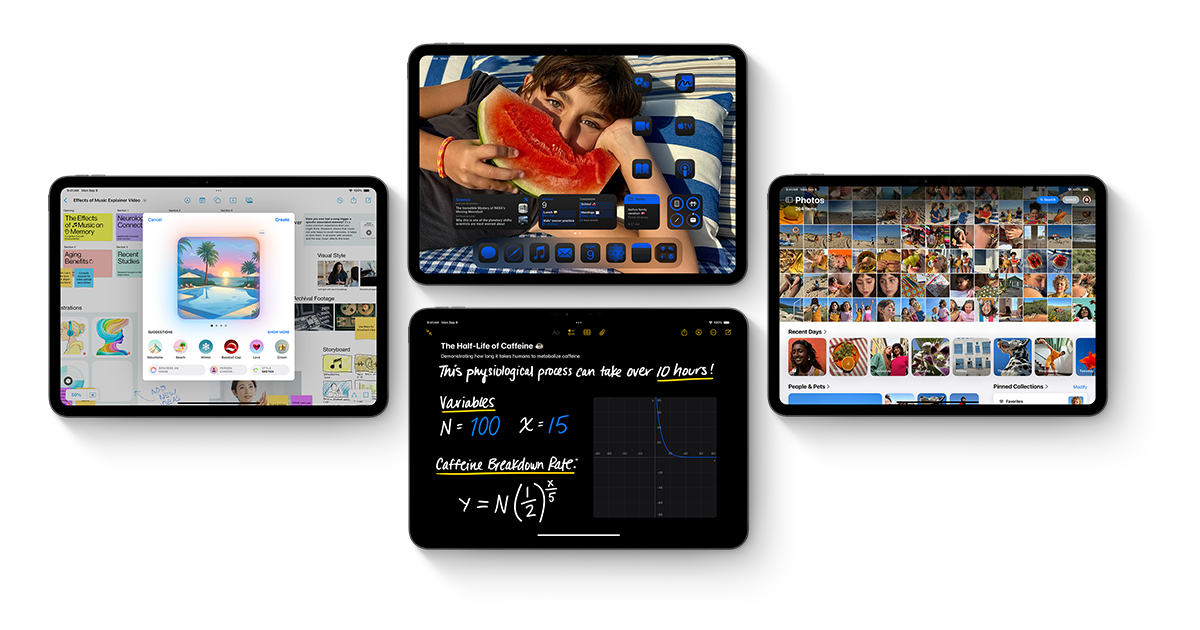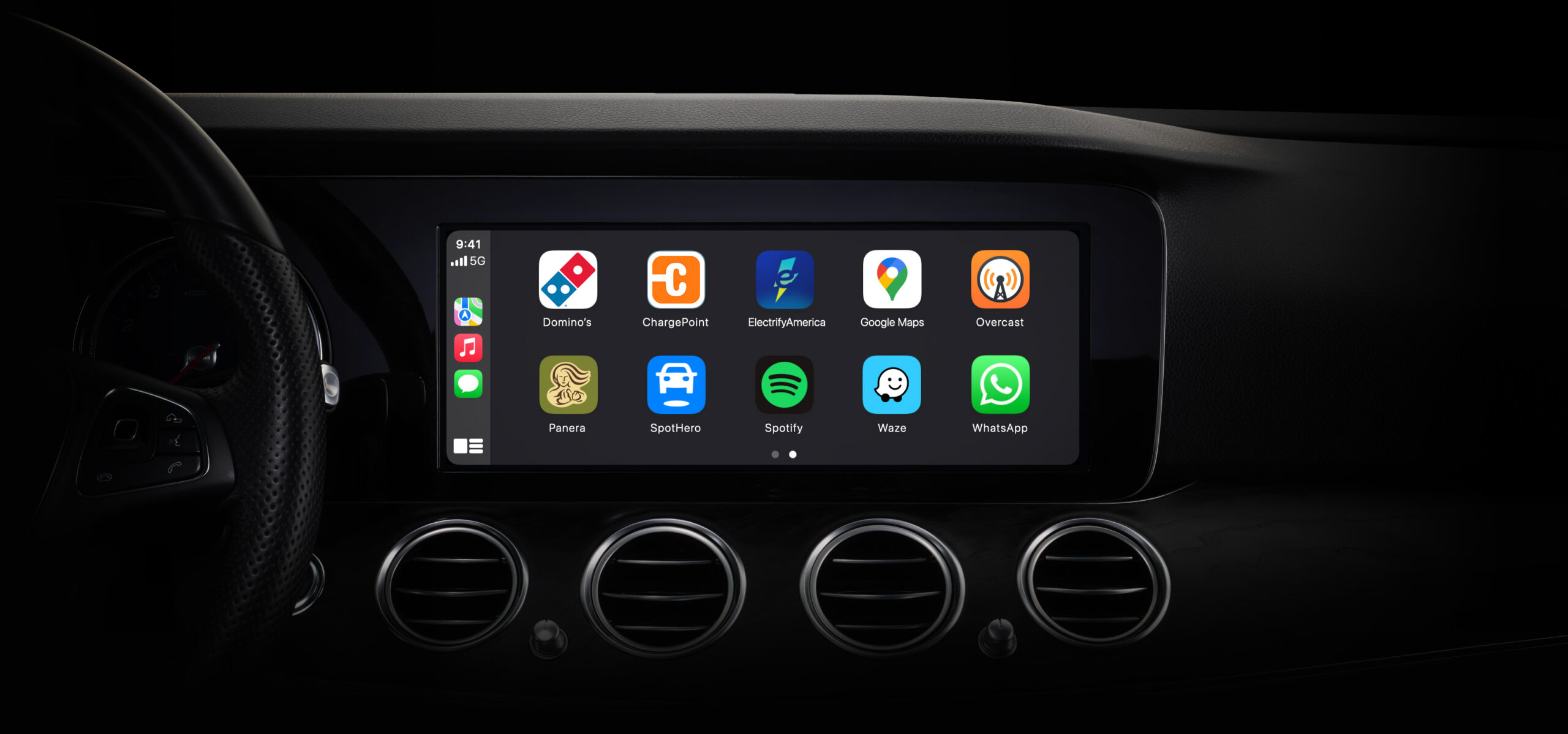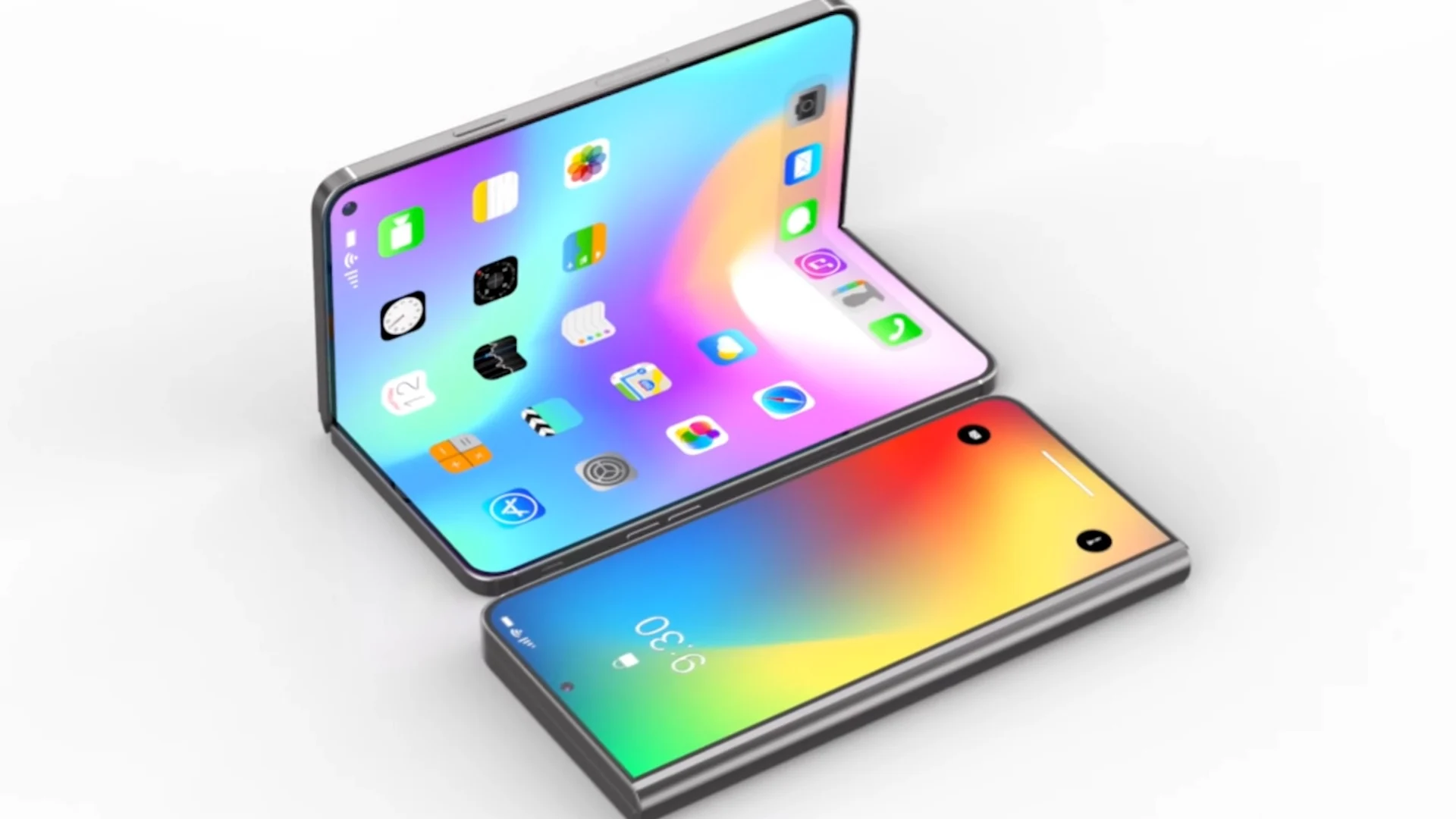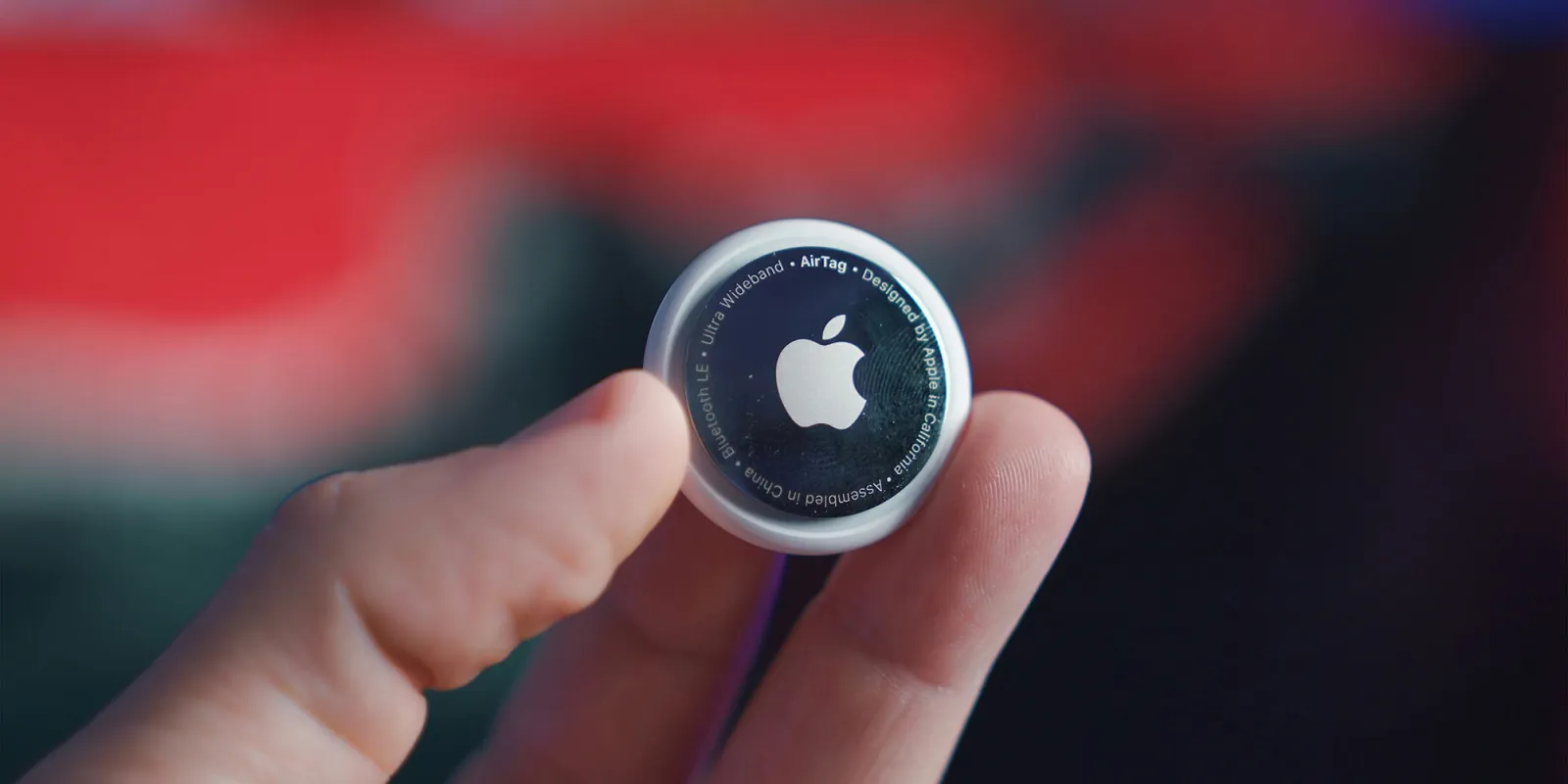Apple is gearing up for big changes with its upcoming software releases, macOS 16 and iOS 19, set to be revealed at WWDC in June 2025. These updates promise a major makeover, aiming to make Apple’s devices feel more connected and user-friendly. For macOS 16, expect a bold redesign that echoes the 2020 macOS Big Sur update.
That release brought a cleaner, more open look with spaced-out buttons and a fresh style. Some thought it hinted at touchscreen Macs, but Apple said it was just about creating a natural, airy feel. This time, macOS 16 will likely align more closely with iOS and iPadOS, using a glassy, visionOS-inspired style to unify the experience across Apple’s platforms.
Meanwhile, iOS 19 is set to enhance the iPhone with new AI features. Apple recently bought a company specializing in calendar tools, suggesting the Calendar app could get a smart upgrade. Imagine your iPhone suggesting events or managing your schedule with Apple Intelligence, making daily planning smoother and more intuitive.
These updates aim to refresh how we interact with Apple devices while keeping things consistent across iPhones, iPads, and Macs. However, big changes can be risky—some users might find the new designs jarring, like the iOS 7 shift years ago. Still, Apple’s focus on a cohesive, modern look and smarter apps could make these updates a hit when they roll out in fall 2025. Stay tuned for a fresh, connected Apple experience.
